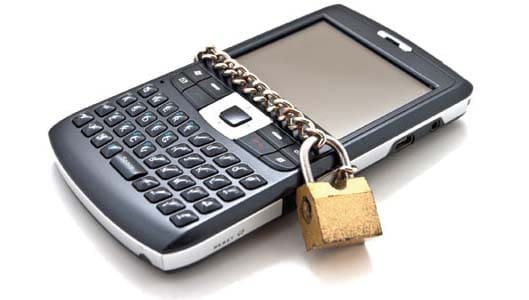FBI can’t break into Texas church shooters phone
Does that headline sound familiar? It should, since it’s reminiscent of the battle during 2015 and 2016 between the FBI and Apple Inc. in the aftermath of the San Bernardino attack.
Back then, the FBI really wanted to break into the iPhone belonging to one of the attackers for potential clues concerning their investigation. Apple, however, said it was impossible due to their strong encryption. The FBI rebuked Apple and demanded they find a workaround. Apple still said no, and after a lengthy feud that ended up in the courts, the FBI gave up and found a third party to try and break into the phone for them.
Well, now the FBI can’t break into the phone belonging to Devin Patrick Kelley – the man who killed 26 people in a rural church in Texas. The phone was flown back to Quantico for analysis, but according to Special FBI agent Chris Combs, their experts have so far had no luck unlocking it.
In this instance, the FBI has refused to say what phone it is, but its most likely going to run either the Android or iOS operating system as they are by far the most common operating systems.
It is also not known if the FBI has contacted the phone or software manufacturer for help. But if they did, and that manufacturer takes Apple’s approach from 2016, it’s unlikely any help will be forthcoming.
Sponsored Content. Continued below...
What are the arguments?
The arguments are the same ones that have been made by either side for a number of years now in the on-going national security vs. privacy debate.
The FBI will argue that phone manufacturers need to install a backdoor or workaround to allow authorised officials access to a phone, in the interests of national security and their investigations. After all, such phones can provide vital clues or even lead to co-conspirators in mass shootings and terrorist attacks.
Technology companies like Apple, however, argue that installing any kind of backdoor that would allow access from authorities to bypass the phone’s passcode (or equivalent) would undermine their user’s privacy and security. They argue that backdoors represent a vulnerability that could potentially be hijacked by crooks, not just by the authorities.
Regarding this particular case, not many details are yet know, so we’ll just have to wait and see how this turns out.
Continued below...
Thanks for reading, we hope this article helped, but before you leave us for greener pastures, please help us out.
We're hoping to be totally ad-free by 2025 - after all, no one likes online adverts, and all they do is get in the way and slow everything down. But of course we still have fees and costs to pay, so please, please consider becoming a Facebook supporter! It costs only 0.99p (~$1.30) a month (you can stop at any time) and ensures we can still keep posting Cybersecurity themed content to help keep our communities safe and scam-free. You can subscribe here
Remember, we're active on social media - so follow us on Facebook, Bluesky, Instagram and X
